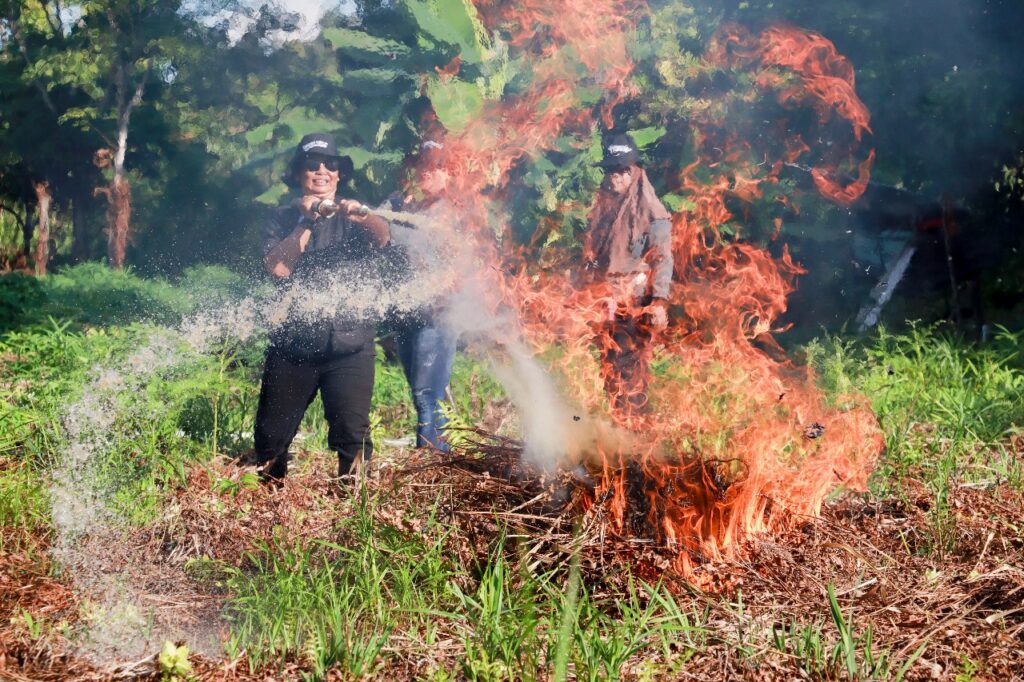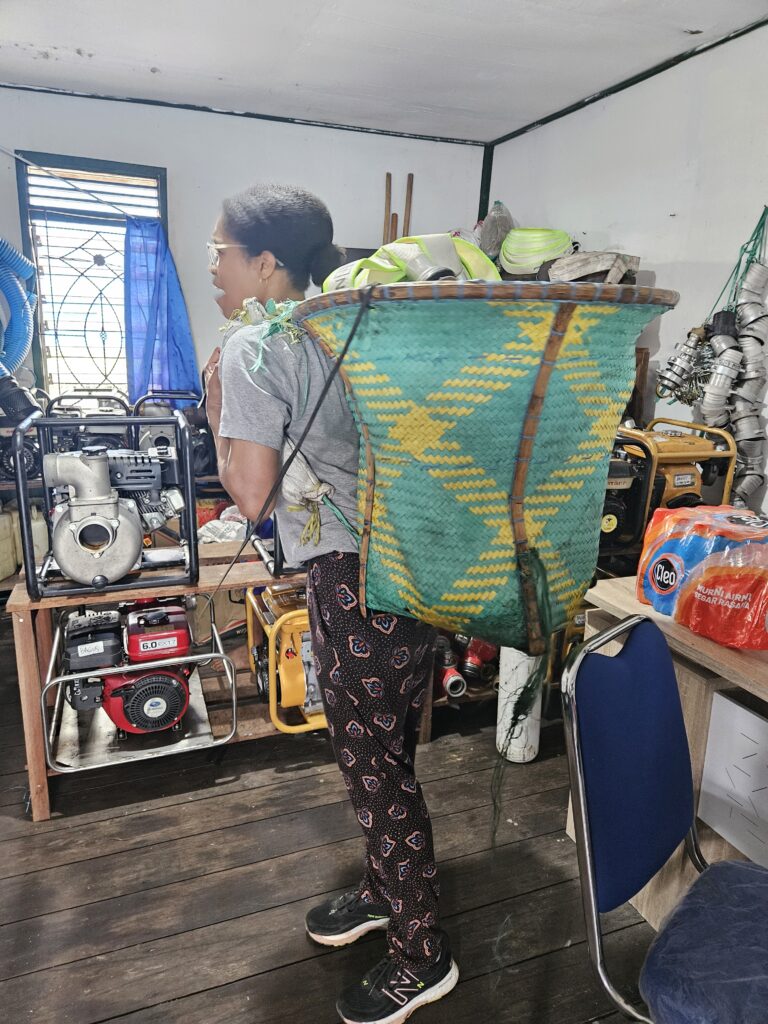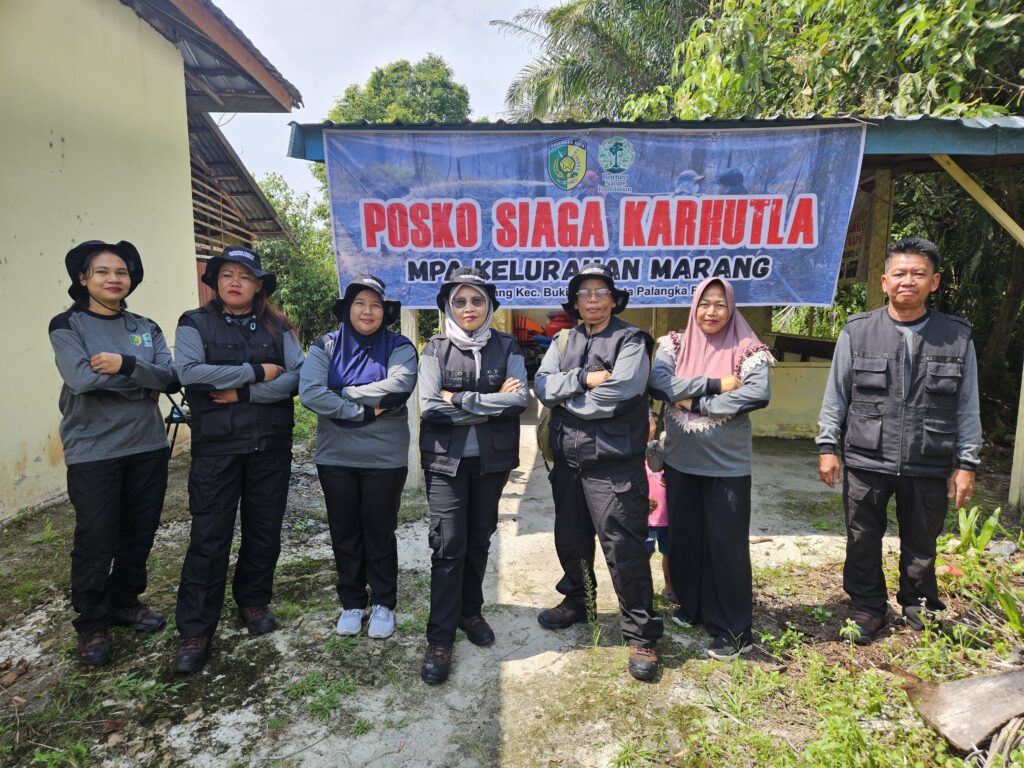The late summer heat lingers – one of the most dangerous times in Borneo, where the risk of forest fires increases significantly, especially in the island’s peatland areas. These lands are extremely flammable and may catch fire from the smallest spark, threatening forests, wildlife and local communities.
Each year, during the dry season, vast fires sweep across Borneo, often sparked by the clearing and burning of land for agricultural purposes and exacerbated by the impacts of global climate change. These fires can spread rapidly, become difficult to control and cause widespread devastation.
The consequences are far-reaching: Fires destroy large areas of peatland forest and critical wildlife habitat – devastating unique, fragile ecosystems. They also pose severe health risks to local populations, displace communities, and lead to significant economic losses.
As climate patterns shift, forest fires are becoming more frequent, prolonged, and intense. This escalation highlights the urgent need for preventive measures, coordinated response strategies, and community-led preparedness.
More on the devastating consequences of the fires of 2020

Strengthening Local Response: A Longstanding Commitment
In response, Save the Orangutan, in collaboration with Yayasan Borneo Nature Indonesia (BNF), has worked for many years with local partners in Borneo to prevent and mitigate forest fires. Building on this long-standing commitment, the project “Building resilient communities surrounding Sebangau National Park through locally anchored climate change adaptation strategies” aims to strengthen these efforts.
The initiative focuses on involving more local community members in fire prevention, enhancing coordination between community teams and fire authorities, and developing better procedures for monitoring and firefighting.
Community-Led Fire Preparedness: Frontline Efforts in Kereng and Marang
A key pillar of the project is supporting local fire preparedness teams. These teams are made up of volunteers who patrol fire-prone areas, particularly during the dry season. In May, programme manager Arafa Khatib from Save the Orangutan visited the villages of Kereng and Marang, both located in the buffer zone of Sebangau National Park, to meet with these dedicated local heroes.
“It’s tough and demanding work,” said one group in Marang, “…but somebody’s got to do it.”
With only ten members, the team cannot patrol daily. From June to October, they take turns going out every other day, focusing on high-risk zones and alerting the rest of the group and village when fire is detected.
Volunteer fire prevention teams like these play an important role in identifying, notifying and supporting the local fire authorities of fire incidents, which enables prioritised and coordinated fire prevention efforts.
Read more about our community-driven efforts on climate-related disasters
“Fighting fires is not without danger”

The motivation for many fire volunteers largely stems from the devastating fires of 2015, which destroyed over two million hectares of forest and peatland. That traumatic event left a lasting impact and continues to drive locals to act, even when doing so puts them in harm’s way.
“Fighting fires in peatland is not without danger” one resident of Kereng explained: “In preparation, we check and repair all equipment – hoses, shovels, radios, generators. Preparations also include mapping fire-risk areas and developing response plans, including identifying accessible water sources and setting up village alert systems.”
Firefighting is often carried out under tiring conditions. Fires may ignite in remote locations, requiring patrols to travel by boat and then on foot through kilometers of knee-deep swamp, carrying at least 15 kg of equipment. Sometimes, they additionally carry oxygen tanks to work in the dense smoke.
Thanks to the experienced teams from BNF, supported by Save the Orangutan, fire patrol teams receive essential training as well as project-supported equipment such as smoke masks, gloves, and generators, to improve their safety and effectiveness.
Through dedication and teamwork, these local firefighters, community members and local authorities form the very center of safeguarding Borneo’s vulnerable but vital peatland environment. We are proud to support their efforts and the broader mission of preserving one of the world’s most unique ecosystems.
A special thanks to Danish CISU – Civilsamfund i Udvikling and the CCAM Fund for the financial support, which has made this project possible.
